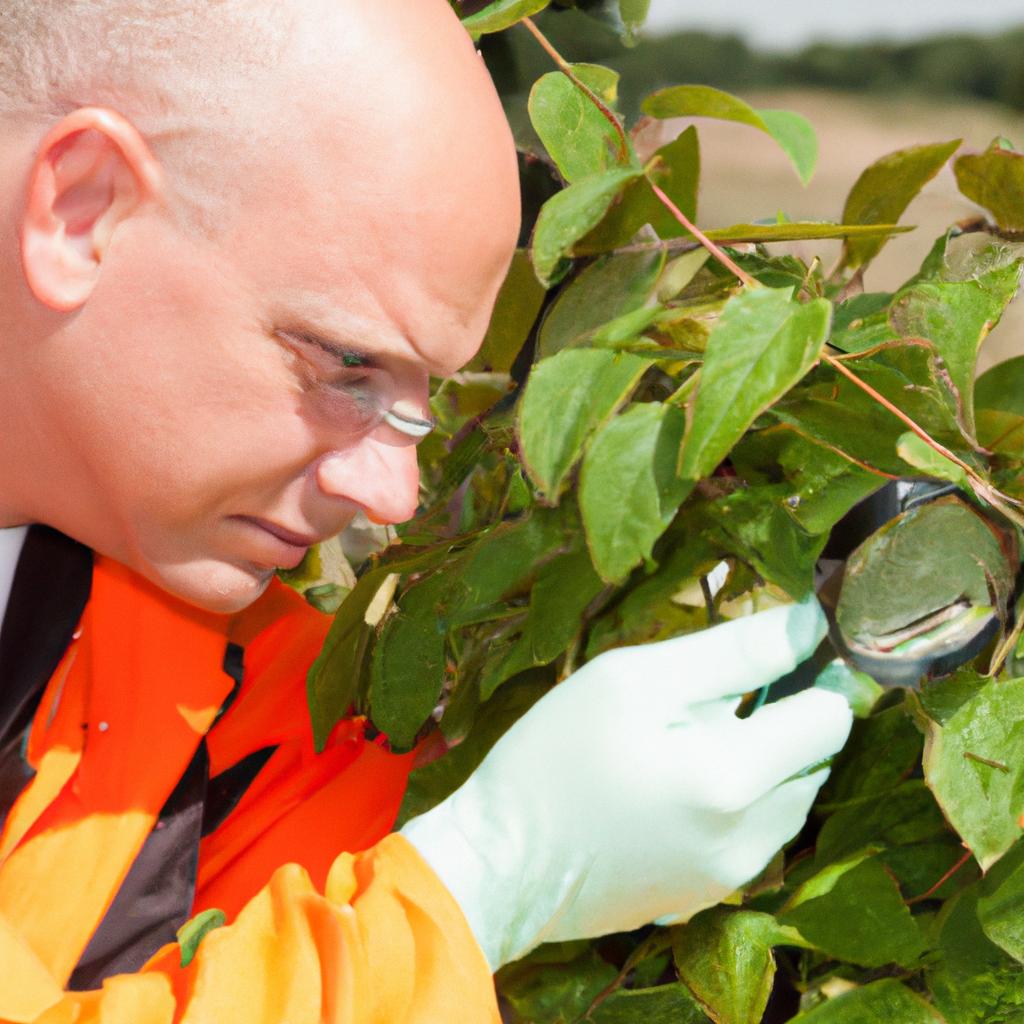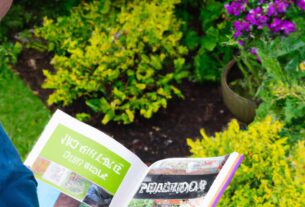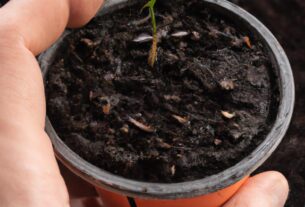Gardening is a wonderful pastime that allows us to revel in the delight of fresh produce and the beauty of blooming flowers. However, the intrusion of garden pests can quickly turn our green haven into a frustrating battleground, where our hard work is under constant threat. From bothersome insects to pesky rodents, these pests can wreak havoc on our beloved plants.
To ensure a thriving garden, it is crucial to implement effective pest control techniques. In this article, we will delve into the world of garden pests, explore both natural and chemical pest control methods, and share valuable tips for preventing pest infestation.
Common Garden Pests and Their Destructive Effects
Garden pests pose a significant menace to our plants, capable of inflicting extensive damage if left unchecked. Let’s take a closer look at some of the most common garden pests and their destructive effects.
Aphids
Aphids, those tiny, pear-shaped insects, feed on the sap of plants. They possess a remarkable ability to reproduce rapidly, causing considerable harm. To make matters worse, aphids excrete a sticky substance known as honeydew, attracting ants and fostering the growth of sooty mold.
Caterpillars
The larval stage of moths and butterflies, caterpillars can devour leaves at an alarming rate. Their insatiable appetite makes them a formidable adversary, especially when they appear in large numbers.
Slugs and Snails
Both slugs and snails are notorious plant munchers, feasting on leaves, stems, and fruits. Flourishing in damp conditions, these common garden pests can inflict significant damage on our cherished plants.
Rodents
Rodents, such as mice and rats, can cause substantial harm to our gardens. Not only do they feast on our fruits and vegetables, but they also have a knack for chewing through irrigation lines and wiring, leading to costly repairs.
To effectively control garden pests, we must first identify them correctly and understand their behavior. Armed with this knowledge, we can then employ appropriate control methods.
Natural Garden Pest Control Methods
In our quest for pest control, natural methods provide a safe and environmentally friendly alternative to chemical pesticides. Here are some effective natural pest control techniques:
Companion Planting
Companion planting involves strategically pairing certain plants to deter pests. For instance, planting marigolds alongside tomatoes can help repel aphids and whiteflies, keeping our precious plants safe.
Organic Sprays and Repellents
Organic sprays and repellents, crafted from natural ingredients, emerge as another powerful tool in our pest control arsenal. For example, a garlic spray concocted by blending garlic cloves and water can be sprayed on plants to repel pests without harming the environment or our health.
Chemical Garden Pest Control Methods
Although chemical pesticides may be effective, their potential harm to the environment and our well-being is a cause for concern. Should we decide to employ chemical pest control measures, it is crucial to exercise caution and follow instructions meticulously. Here are a few chemical pest control methods:
Insecticides
Insecticides are chemicals designed to eliminate insects. Available in various forms, including sprays, dust, and baits, they can effectively combat garden pests. However, it is important to note that they may also harm beneficial insects like bees and butterflies, so their usage should be approached with care.
Herbicides
Herbicides, on the other hand, target weeds. They can be helpful in controlling unwanted plants in our gardens but should be used sparingly and with caution. Prior to employing herbicides, it is imperative to carefully read the instructions and adhere to recommended usage guidelines.
When utilizing chemical pesticides, it is essential to follow instructions carefully, using them sparingly. Additionally, wearing protective gear, such as gloves and masks, is advised to minimize exposure to potentially harmful chemicals.
Preventing Garden Pest Infestation
Prevention stands as our primary line of defense against garden pests. By implementing a few key strategies, we can ward off infestation and maintain a healthy garden. Consider the following tips:
Proper Plant Selection and Placement
Choosing the right plants for our garden and placing them thoughtfully can help prevent pest infestation. Some plants naturally possess greater resistance to pests, making them valuable additions. Additionally, strategic placement can aid the plants in thriving, reducing their vulnerability to pests.
Regular Garden Maintenance
Regular garden maintenance plays a pivotal role in pest prevention. Pruning plants, removing dead leaves and branches, and keeping our garden clean can discourage pests from taking up residence.
Sanitation Practices
Adhering to sanitation practices, such as removing plant debris and maintaining cleanliness, can prove invaluable in the fight against pests. Pests like slugs and snails thrive in damp environments, so eliminating standing water and debris helps keep them at bay.
In conclusion, maintaining control over garden pests is essential for a flourishing garden. Natural pest control methods offer a safe and effective alternative to chemical pesticides, while chemical solutions should be used sparingly and responsibly. By focusing on prevention through proper plant selection, regular garden maintenance, and sanitation practices, we can create an environment that is healthy and free from pests.
At TooLacks, we understand the value of gardening and the challenges it presents. We hope this article has provided you with valuable insights, enabling you to conquer garden pests and enjoy the fruits of your labor. Happy gardening!



